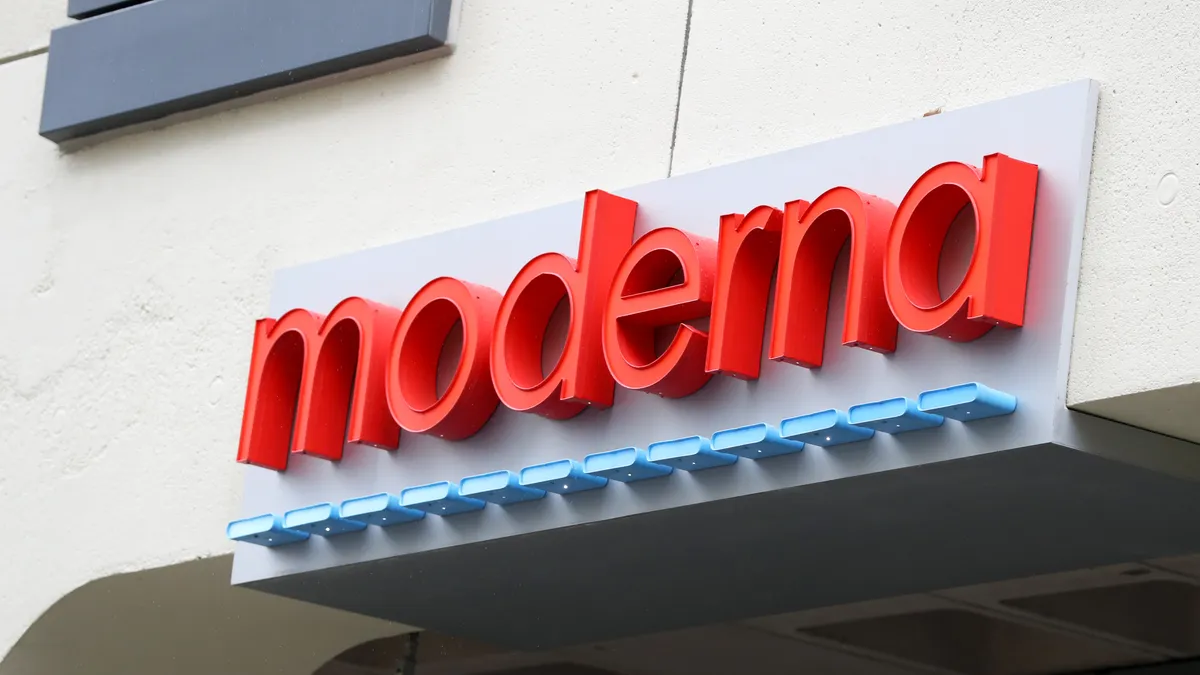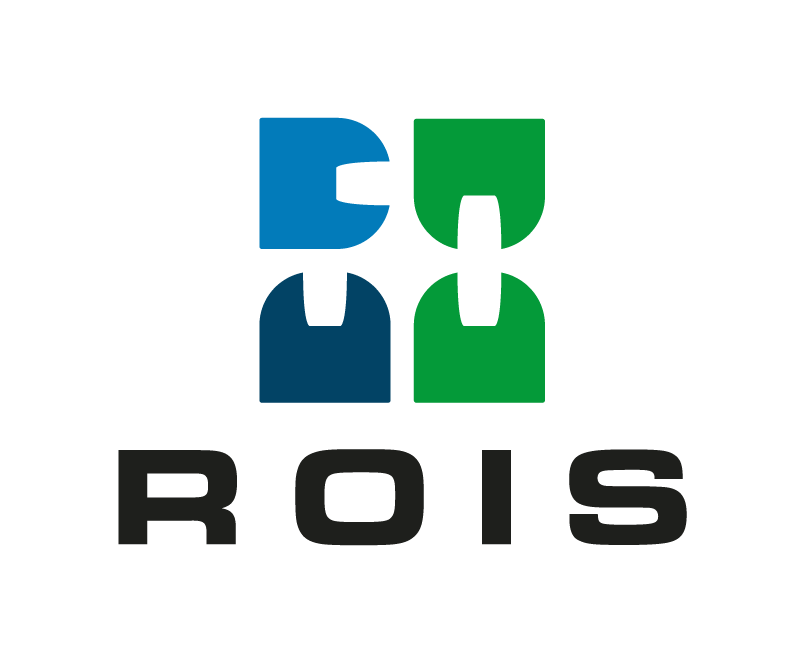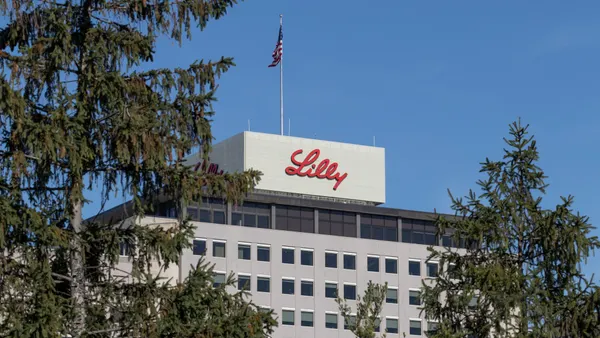Shares of Moderna fell nearly 20% on Thursday after the company lowered its 2024 financial forecasts amid slowing sales and growing competition for its vaccines.
Alongside its second-quarter earnings report, Moderna cut its projected product sales outlook this year from $4 billion to an expected $3 billion to $3.5 billion. The biotechnology company cited multiple reasons for lowering its estimate, from expectations of lower COVID-19 vaccine sales in Europe, to deferred government contracts and tough competition from other vaccine developers. The announcement triggered a stock sell-off and “raises doubt about hitting profitability and cash burn goals,” Jefferies analyst Michael Yee wrote in a research note Thursday.
Moderna rose to prominence through the development of a COVID-19 shot that was among one of the industry’s most lucrative products a few years ago. But sales have plummeted since, as COVID-19 has transitioned to an endemic disease, more business is taking place in the commercial market and massive bulk government contracts have been harder to secure.
In its earnings report, Moderna said the majority of contracts for its COVID vaccine in the U.S. are finalized and it’s working towards a deal in the European union. Still, based on its discussions there, the company is predicting “very low EU sales” in 2024. For other countries, it’s expecting contract deferrals into 2025, curtailing its revenue projections further.
Moderna has been looking to a newly approved shot for respiratory syncytial virus to spur sales growth. That vaccine, known as Mresvia, is the “swing factor” for Moderna, Yee wrote in a research note. But the company now has more conservative expectations for what the vaccine will bring in this year, citing competition from shots developed by GSK and Pfizer. GSK, too, dialed back its vaccine sales forecast this week, as seasonal trends led to lower demand in the second quarter. An uptick is expected later this year, when infections tend to accelerate.
“This year is not turning out as we expected,” said Chief Financial Officer Jamey Mock, on a conference call with analysts. “We were third to market this year, some of the contracts have already been negotiated, and we only are participating in the second half.”
Yee, of Jefferies, believes GSK will remain the market leader “given superior efficacy” in testing, with Moderna and Pfizer fighting for the remaining share of sales. Mock, though, added that the company expects to get a “more fair market share” next year as it gets access to more retail chains.
Moderna also remains confident that sales growth will return in 2025 and 2026. The company is banking on Mresvia’s long-term prospects and is also looking to a combination flu and COVID shot that recently succeeded in late-stage testing and could be available in the U.S. as soon as next year. Investors are additionally closely watching a cancer vaccine Moderna is developing with Merck & Co.
In the meantime, the company is continuing to cut costs, in part by investing in artificial intelligence to help run its operations more efficiently. Selling, general and administrative expenses fell by 19% compared to the same period last year, Moderna said.
Total revenue between April and June was $241 million, versus $344 million in the second quarter of 2023.
















